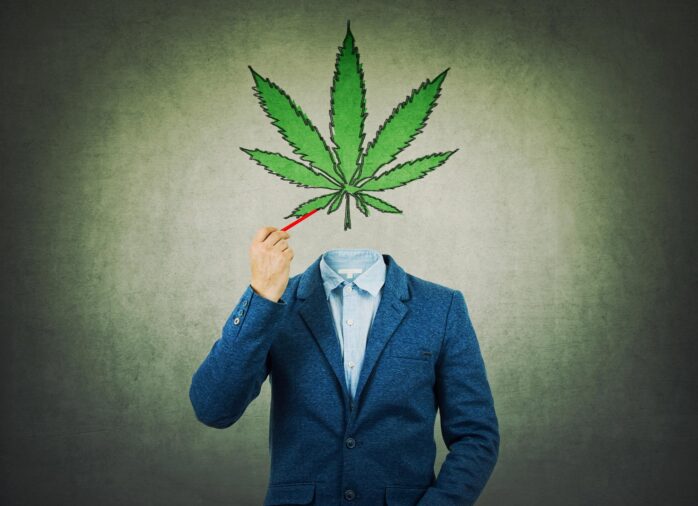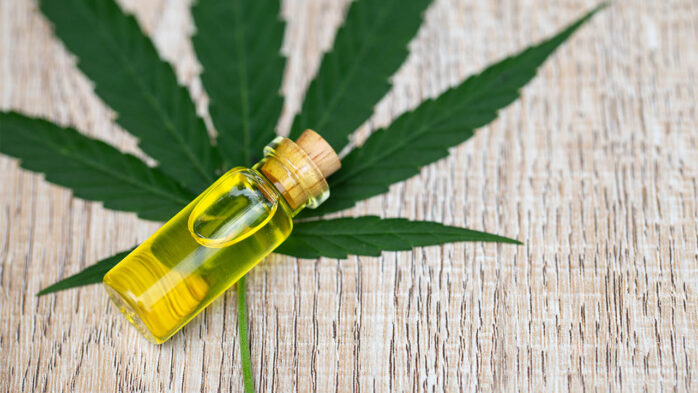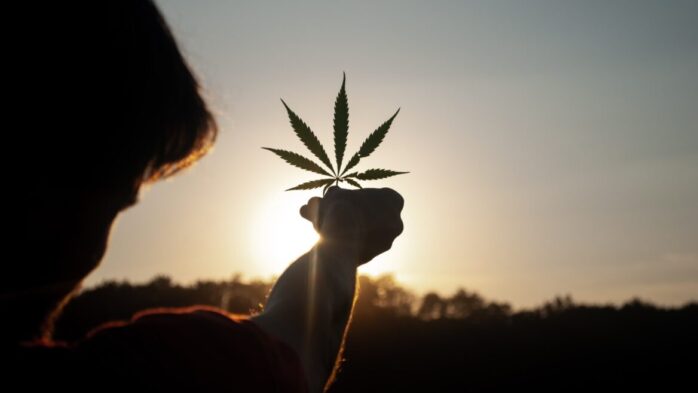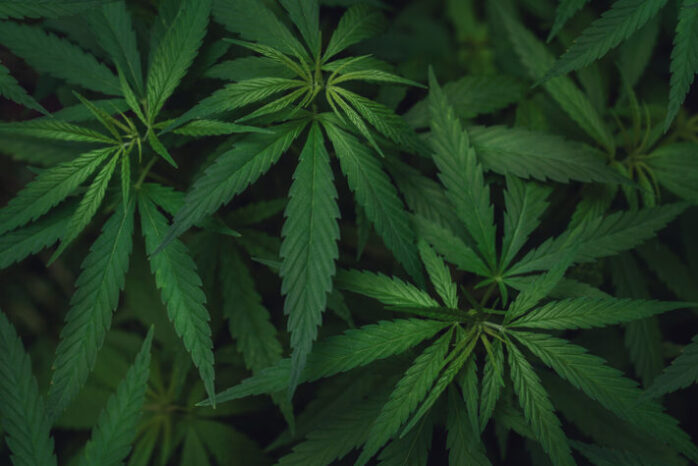
Cannabis addiction is strange. You will hear tons of people explain how it is not real. And it is true that cannabis does not have the same habit-forming qualities as, say, heroin.
But just because something does not rewire your body to need it, that does not mean your body is above rewiring itself to need it. Cannabis addiction can come about, but it is similar to getting addicted to video games or chocolate. Let’s take some time to explain what that means.

How Cannabis can be Addictive
So, imagine you get home from a long day at work. You have five to ten hours before you sleep. What do you do? The answer to this question will be different for everyone.
For some people smoking weed is an event. They do it while hanging out with friends once a week. They might even only do it once a month. But for a lot of people, getting high is part of their “winding down” process. This is when cannabis use starts to become a dependency.
A person needs variety. Coming home from work, doing one activity until bed, waking up and repeating the process will drive a person into depression. This is true whether the one activity is exercise, video games, scrolling through social media, or smoking cannabis.
Of course, smoking cannabis is hardly the main activity anyone is doing. Usually, they will mix it together with something else. But just by thinking about what activities they can mix cannabis with you can start to see a problem. Smoking weed mixes a lot better with watching TV and eating bad food than it does with exercising or going out into public.
Sure, you can smoke weed and go dancing. But it will be a vastly different activity than if you just went dancing. And that is the deciding factor in what makes cannabis addictive.
Cannabis can be identified as addictive because people use it to solve a problem. But it starts to become its own problem when the need for cannabis starts dictating how one behaves.

What to do About Cannabis Addiction
You might be wondering what can be done about cannabis addiction. Well, while most people are wrong about whether or not cannabis is addictive, they are right about one thing: Detoxing from it is nowhere near as arduous as detoxing from harder drugs or alcohol.
You can quit cannabis cold turkey and get a lot better results from it than other drugs, so that is not a problem. But the hard part is not getting off cannabis. It is staying off cannabis.
Because remember, cannabis solves a problem. It has a habit of becoming a person’s only solution to many problems, but just because you stopped smoking cannabis that does not mean the problem has gone away. So, think of dealing with cannabis addiction as having three parts.
Part one is replacing the cannabis with something else that relaxes you.
Part two is replacing cannabis with a different activity that occupies you.
And part three is dealing with the negative emotions that come with all of this.

Part One: Replacing Cannabis as a Substance
Most people start using cannabis because it relaxes them. It deals with anxiety and slows down their thoughts, so they are less intrusive. There are other ways of doing this though.
The problem with using cannabis in this way is that it stunts your own personal ability to deal with anxiety. Cannabis does not get rid of the chemicals that cause anxiety, nor does it actually stop a person from thinking bad thoughts. It just makes everything move slower.
That means the first step is solving these problems. What we are looking for is something that reduces stress that can be done passively. You have lots of options, from chewing gum and using fidget toys, to using aroma therapy (even low-strength cannabis aroma therapy).

Part Two: Replacing Cannabis as an Activity
We mentioned initially that cannabis is used as a component of how one spends their free time. One of the best ways to kick a cannabis habit is to do things which cannabis essentially disallowed you to do. That usually means working out, but it can mean a lot more.
What most people do not realize is how much cannabis disallows them to go out in public. Even in states where it is legal, the smell is so strong as to attract complaints from passersby.
Working out, going out, and doing activities that take a lot of mental focus are great ways to force yourself away from cannabis.

Part Three: Dealing with the Negative Emotions
This is the part of getting over a cannabis addiction that is the most overlooked. We have mentioned it several times now: Cannabis helps with anxiety. That is the primary reason people take it. You can’t relax after work if you are thinking about every mistake you’ve made in your entire life, can you? So, how do you deal with anxiety without a chemical aid like this?
There are two answers to that question: The first is that you don’t. There are better chemical aids for anxiety than cannabis—such as actual anxiety medications and antidepressants.
The second answer is that you make use of therapy. Therapy is usually how you find out what anxiety medication is best for you. People are uncomfortable with therapy, but it seeks to solve the same problem that people use cannabis to solve, just by a more scientific means.

Conclusion
Getting over a cannabis addiction can save you money, give you a ton of your time back, and clear your mind. You might be surprised as to how much brain fog you are dealing with simply from chronic cannabis use.
Lots of people have discussed cannabis dependency, so if you want to hear more about it, check out the full post here by Ascendant New York.











